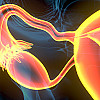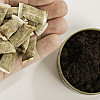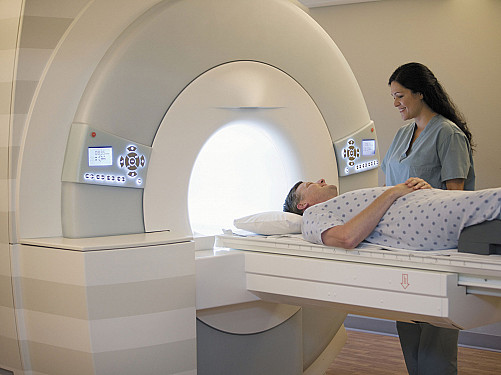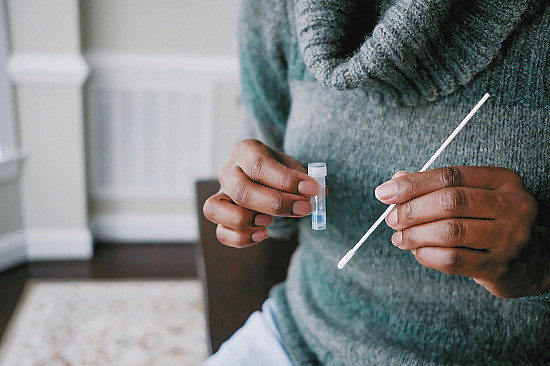Recent Blog Articles

Lead poisoning: What parents should know and do

How does waiting on prostate cancer treatment affect survival?

Does running cause arthritis?

Is alcohol and weight loss surgery a risky combination?

Preventing ovarian cancer: Should women consider removing fallopian tubes?

Healthier planet, healthier people

Is snuff really safer than smoking?

Will miscarriage care remain available?

Considering collagen drinks and supplements?

Does less TV time lower your risk for dementia?
Percutaneous Transhepatic Cholangiography (PTCA)
What is the test?
Percutaneous transhepatic cholangiography is an x-ray test that can help show whether there is a blockage in the liver or the bile ducts that drain it. Since the liver and its drainage system do not normally show up on x-rays, the doctor doing the x-ray needs to inject a special dye directly into the drainage system of the liver. This dye, which is visible on x-rays, should then spread out to fill the whole drainage system. If it does not, that means there is a blockage. This type of blockage might result from a gallstone or a cancer in the liver.
How do I prepare for the test?
Tell your doctor if you have ever had an allergic reaction to lidocaine or the numbing medicine used at the dentist's office, or to x-ray dye. Also tell your doctor if you could be pregnant, since x-rays can harm the developing baby. If you have diabetes and take insulin, discuss this with your doctor before the test.
To continue reading this article, you must log in.
Subscribe to Harvard Health Online for immediate access to health news and information from Harvard Medical School.
- Research health conditions
- Check your symptoms
- Prepare for a doctor's visit or test
- Find the best treatments and procedures for you
- Explore options for better nutrition and exercise
I'd like to receive access to Harvard Health Online for only $4.99 a month.
Sign Me UpAlready a member? Login ».
Disclaimer:
As a service to our readers, Harvard Health Publishing provides access to our library of archived content. Please note the date of last review or update on all articles.
No content on this site, regardless of date, should ever be used as a substitute for direct medical advice from your doctor or other qualified clinician.
Free Healthbeat Signup
Get the latest in health news delivered to your inbox!



